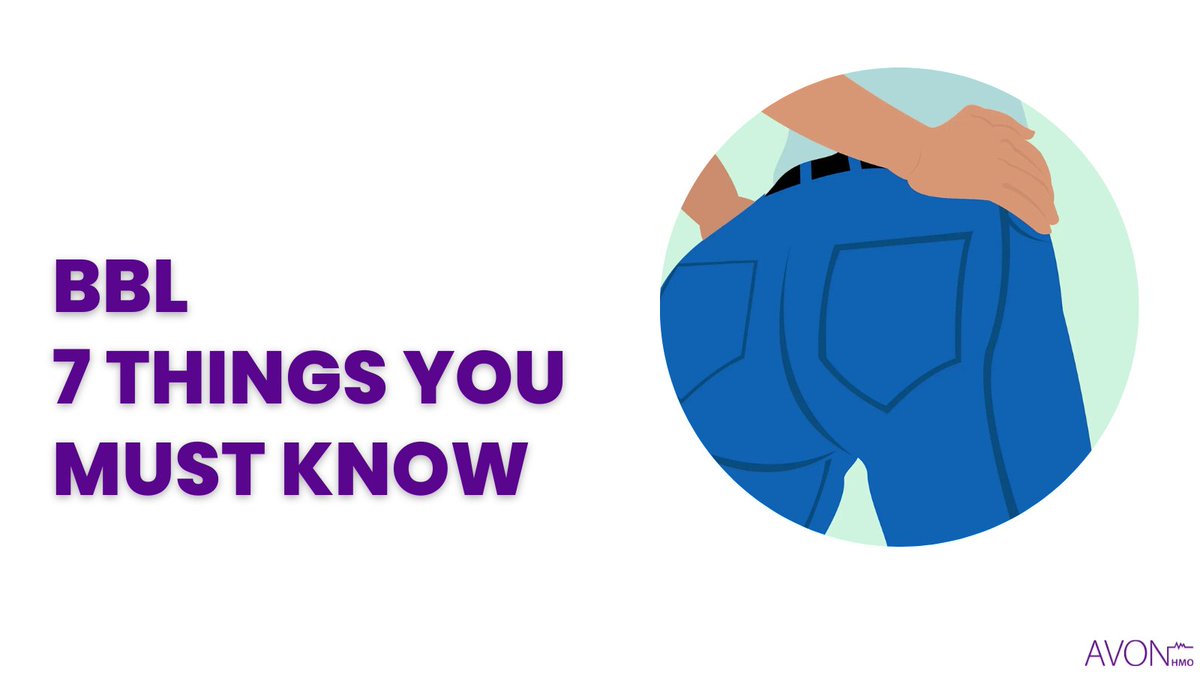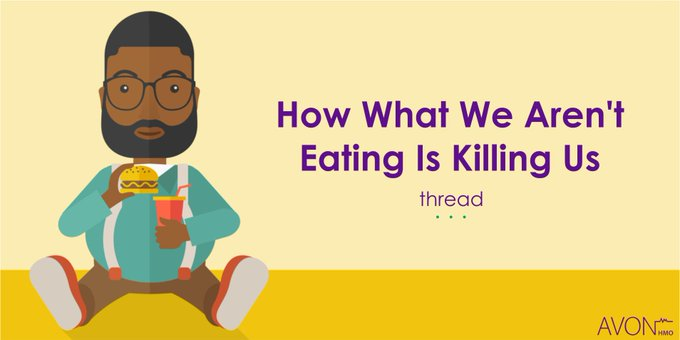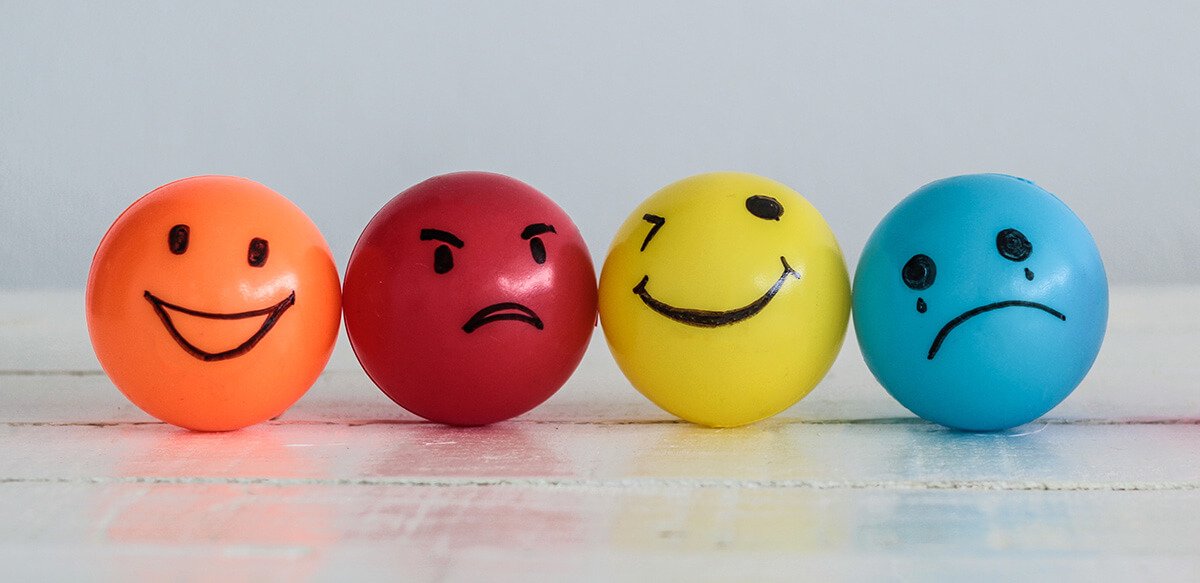Ideally, falling asleep at night should take you 10-15 minutes but some people have issues with either falling or staying asleep.
Join us now as we discuss Insomnia, Sleep Apnea and other sleep disorders on @Smooth981FM. If you can't tune in, you can follow this thread.
Join us now as we discuss Insomnia, Sleep Apnea and other sleep disorders on @Smooth981FM. If you can't tune in, you can follow this thread.

So let's start with sleep apnea. This is a serious sleep disorder that occurs when a person's breathing is interrupted during sleep. People with untreated sleep apnea stop breathing repeatedly during their sleep, sometimes hundreds of times.
Sleep apnea deprives the brain & body of oxygen.
There are two types of sleep apnea:
1. Obstructive sleep apnea (OSA): This is more common and it is caused by a blockage of the airway, usually when the soft tissue in the back of the throat collapses during sleep.
There are two types of sleep apnea:
1. Obstructive sleep apnea (OSA): This is more common and it is caused by a blockage of the airway, usually when the soft tissue in the back of the throat collapses during sleep.
2. Central sleep apnea: Unlike OSA, the airway is not blocked, but the brain fails to signal the muscles to breathe, due to instability in the respiratory control centre.
Symptoms
-Loud snoring
-Episodes in which you stop breathing during sleep
-Gasping for air during sleep
-Waking with a dry mouth
-Morning headache
-Difficulty staying asleep (insomnia)
-Excessive daytime sleepiness (hypersomnia)
-Difficulty paying attention while awake
-Loud snoring
-Episodes in which you stop breathing during sleep
-Gasping for air during sleep
-Waking with a dry mouth
-Morning headache
-Difficulty staying asleep (insomnia)
-Excessive daytime sleepiness (hypersomnia)
-Difficulty paying attention while awake
How do you know if you're at risk for sleep apnea?
The risk factors include:
-Being male
-Being overweight
-Being over age 40
-Having a large neck size
-Having large tonsils, a large tongue, or a small jaw bone
-Family history
-Nasal obstruction due to cold/allergies/sinusitis
The risk factors include:
-Being male
-Being overweight
-Being over age 40
-Having a large neck size
-Having large tonsils, a large tongue, or a small jaw bone
-Family history
-Nasal obstruction due to cold/allergies/sinusitis
What Are the Effects of Sleep Apnea?
If left untreated, sleep apnea can increase the risk of health problems, including:
-High blood pressure
-Stroke
-Heart failure, irregular heartbeats, and heart attacks
-Diabetes
-Depression
-Worsening of ADHD
-Headaches
If left untreated, sleep apnea can increase the risk of health problems, including:
-High blood pressure
-Stroke
-Heart failure, irregular heartbeats, and heart attacks
-Diabetes
-Depression
-Worsening of ADHD
-Headaches
In addition, untreated sleep apnea may be responsible for poor performance in everyday activities, such as at work and school, motor vehicle crashes, and academic underachievement in children and adolescents.
When to see a doctor
Loud snoring can indicate a potentially serious problem, but not everyone who has sleep apnea snores. Talk to your doctor if you have signs or symptoms of sleep apnea. Ask your doctor about any sleep problem that leaves you fatigued, sleepy and irritable.
Loud snoring can indicate a potentially serious problem, but not everyone who has sleep apnea snores. Talk to your doctor if you have signs or symptoms of sleep apnea. Ask your doctor about any sleep problem that leaves you fatigued, sleepy and irritable.
Treatment
For milder cases of sleep apnea, your doctor may recommend lifestyle changes, such as losing weight or quitting smoking. If you have nasal allergies, your doctor will recommend treatment for your allergies.
For milder cases of sleep apnea, your doctor may recommend lifestyle changes, such as losing weight or quitting smoking. If you have nasal allergies, your doctor will recommend treatment for your allergies.
If these measures don't improve your signs and symptoms or if your apnea is moderate to severe, a number of other treatments are available.
Certain devices can help open up a blocked airway. In other cases, surgery might be necessary.
Certain devices can help open up a blocked airway. In other cases, surgery might be necessary.
With this said, here are 12 simple tips to improve your sleep:
1. Avoid caffeine (found in coffee, tea, chocolate, cola, and some pain relievers), alcohol, nicotine and other 'sleep-blocking' chemicals for four to six hours before bedtime.
1. Avoid caffeine (found in coffee, tea, chocolate, cola, and some pain relievers), alcohol, nicotine and other 'sleep-blocking' chemicals for four to six hours before bedtime.
Although alcohol may help bring on sleep, after a few hours it acts as a stimulant, increasing the number of awakenings and generally decreasing the quality of sleep later in the night.
2. Turn Your Bedroom into a Sleep-Inducing Environment
A quiet, dark, and cool environment can help promote sound slumber. To achieve such an environment, lower the volume of outside noise with earplugs or a "white noise" appliance and use heavy curtains.
A quiet, dark, and cool environment can help promote sound slumber. To achieve such an environment, lower the volume of outside noise with earplugs or a "white noise" appliance and use heavy curtains.
3. Establish a Soothing Pre-Sleep Routine
Ease the transition from wake time to sleep time with a period of relaxing activities an hour or so before bed. Take a bath, read a book or practise relaxation exercises.
Avoid stressful, stimulating activities.
Ease the transition from wake time to sleep time with a period of relaxing activities an hour or so before bed. Take a bath, read a book or practise relaxation exercises.
Avoid stressful, stimulating activities.
4. Go to Sleep When You’re Truly Tired
Struggling to fall sleep just leads to frustration. If you’re not asleep after 20 minutes, get out of bed, go to another room, and do something relaxing, like reading or listening to music until you are tired enough to sleep.
Struggling to fall sleep just leads to frustration. If you’re not asleep after 20 minutes, get out of bed, go to another room, and do something relaxing, like reading or listening to music until you are tired enough to sleep.
5. Don’t Be a Nighttime Clock-Watcher
Staring at a clock in your bedroom, either when you are trying to fall asleep or when you wake in the middle of the night, can actually increase stress, making it harder to fall asleep. Turn your clock’s face away from you.
Staring at a clock in your bedroom, either when you are trying to fall asleep or when you wake in the middle of the night, can actually increase stress, making it harder to fall asleep. Turn your clock’s face away from you.
And if you wake up in the middle of the night and can’t get back to sleep in about 20 minutes, get up and engage in a quiet, restful activity such as reading or listening to music. And keep the lights dim.
6. Use Light to Your Advantage
Natural light keeps your internal clock on a healthy sleep-wake cycle. So let in the light first thing in the morning and get out of the office for a sun break during the day.
Natural light keeps your internal clock on a healthy sleep-wake cycle. So let in the light first thing in the morning and get out of the office for a sun break during the day.
7. Maintain a Consistent Sleep Routine
Going to bed and waking up at the same time each day sets the body’s "internal clock" to expect sleep at a certain time night after night. Stick to your routine on weekends to avoid a Monday morning sleep hangover.
Going to bed and waking up at the same time each day sets the body’s "internal clock" to expect sleep at a certain time night after night. Stick to your routine on weekends to avoid a Monday morning sleep hangover.
8. Nap Early—Or Not at All
Many people take naps but for those who find falling asleep or staying asleep problematic, afternoon napping may be one of the culprits. This is because late-day naps decrease sleep drive. If you must nap, it’s better to keep it short & before 5p.m.
Many people take naps but for those who find falling asleep or staying asleep problematic, afternoon napping may be one of the culprits. This is because late-day naps decrease sleep drive. If you must nap, it’s better to keep it short & before 5p.m.
9. Eat Light Dinners
Eating a pepperoni pizza at 10 p.m. may be a recipe for insomnia. Finish dinner several hours before bedtime and avoid foods that cause indigestion. If you get hungry at night, snack on foods that (in your experience) won't disturb your sleep
Eating a pepperoni pizza at 10 p.m. may be a recipe for insomnia. Finish dinner several hours before bedtime and avoid foods that cause indigestion. If you get hungry at night, snack on foods that (in your experience) won't disturb your sleep
10. Balance Fluid Intake
Drink enough fluid at night to keep from waking up thirsty—but not so much and so close to bedtime that you will be awakened by the need for a trip to the bathroom.
Drink enough fluid at night to keep from waking up thirsty—but not so much and so close to bedtime that you will be awakened by the need for a trip to the bathroom.
11. Exercise Early
Exercise can help you fall asleep faster and sleep more soundly—as long as it's done at the right time. Try to finish exercising at least three hours before bed or work out earlier in the day.
Exercise can help you fall asleep faster and sleep more soundly—as long as it's done at the right time. Try to finish exercising at least three hours before bed or work out earlier in the day.
12. Follow Through
Some of these tips will be easier to include in your daily routine than others. That said, not all sleep problems are easily treated so if your sleep difficulties don’t improve through good sleep hygiene, you may want to consult your physician/sleep specialist.
Some of these tips will be easier to include in your daily routine than others. That said, not all sleep problems are easily treated so if your sleep difficulties don’t improve through good sleep hygiene, you may want to consult your physician/sleep specialist.
That's all we could discuss on the show today so we may still have to discuss the other issues in another episode. We do hope you've learned something though.
Do have a lovely evening and some well deserved restful sleep when it's time (note: sleep early!).
Do have a lovely evening and some well deserved restful sleep when it's time (note: sleep early!).
• • •
Missing some Tweet in this thread? You can try to
force a refresh









